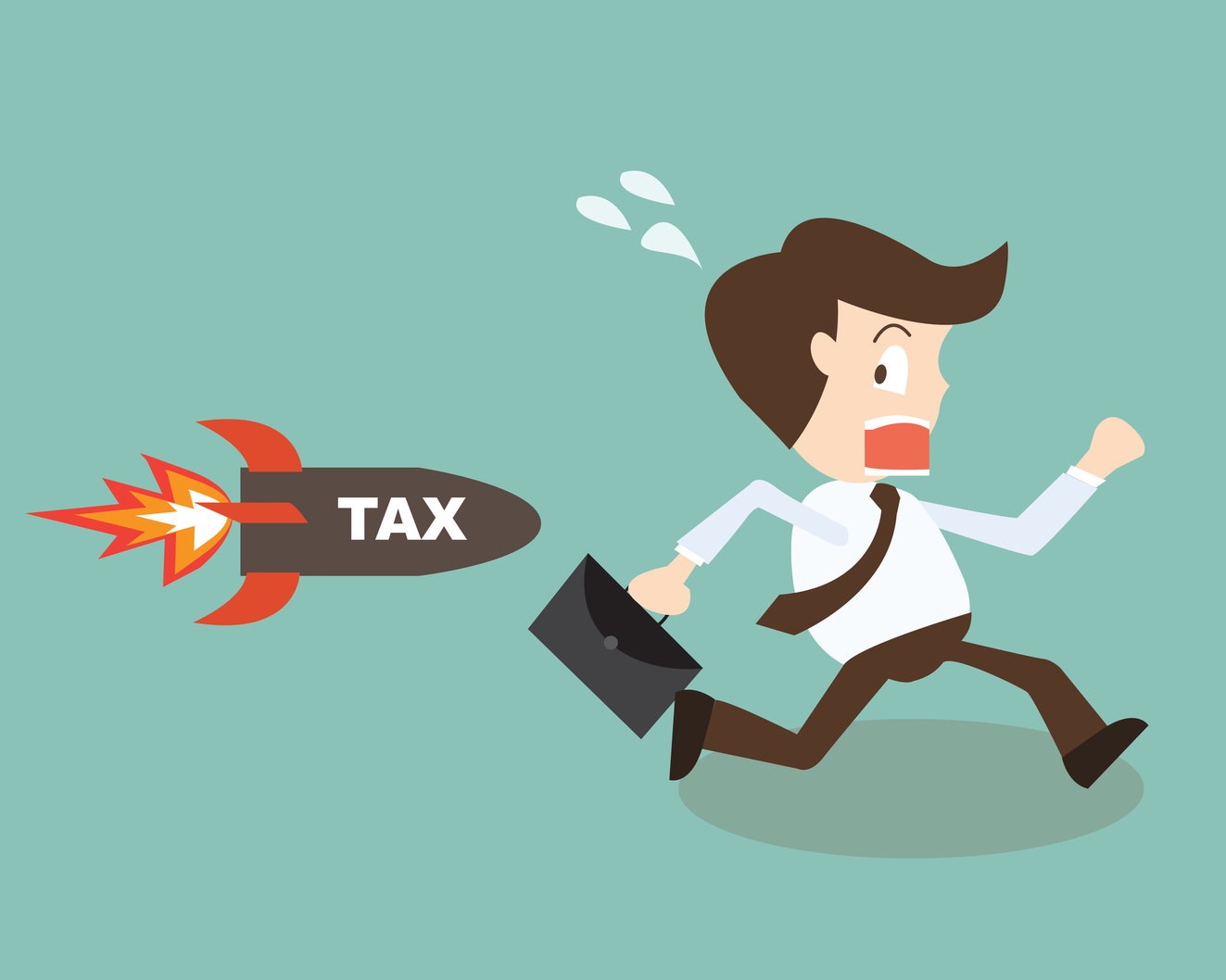Tax Levies
Tax Levies
A levy is a legal seizure of your property to satisfy a tax debt. Levies are different from liens. A lien is a claim used as security for the tax debt, while a levy actually takes the property to satisfy the tax debt. If you do not pay your taxes (or make arrangements to settle your debt), the IRS may seize and sell any type of real or personal property that you own or have an interest in. For instance,
- The IRS could seize and sell property that you hold (such as your car, boat, or house), or
- The IRS could levy property that is yours but is held by someone else (such as your wages, retirement accounts, dividends, bank accounts, licenses, rental income, accounts receivables, the cash loan value of your life insurance, or commissions).
The IRS usually levy only after these three requirements are met:
- The tax was assessed and sent you a Notice and Demand for Payment;
- You neglected or refused to pay the tax
- You were sent a Final Notice of Intent to Levy and Notice of Your Right to a Hearing (levy notice) at least 30 days before the levy.

Frequently Asked Questions About Tax Levies
What is the difference between a tax lien and a tax levy?
There is often confusion between the difference between a tax lien and a tax levy. A tax lien is a legal claim that can be made against your property in order to secure payment in the future on the money you owe.
A tax levy enables the IRS or State to physically seize your property in order to satisfy your debt.
How can I stop a tax levy?
What won't the IRS take through a tax levy?
- Unemployment benefits
- Income from court-ordered child support payments
- Minimum exemption for salaries/income
- Tools necessary for profession, business, or trade
- Worker’s compensation
- Assistance under the Job Training Partnership Act
- Certain pension and annuity payments
- Principal residence
- Household items and furniture
- Certain disability payments connected to service
